Lucia di Lammermoor is one of the two or three Donizetti operas that have never fallen out of the repertoire, and the more of his operas it’s possible to see, or at least to hear on CD, the less explicable that becomes. The late and rightly venerated Rodney Milnes called Lucia ‘a blazing masterpiece’, but that does seem to be overdoing it, and in fact several of his other works are more worthy of that accolade. Throughout much of its history Lucia was prized primarily for its glorious sextet, and for the maddest of all mad scenes, added to by generations of sopranos until it became the ultimate coloratura showpiece. Sung by Callas it can still powerfully move one, since every last note serves an expressive purpose; sung by almost any other soprano it became, at full length, an intolerable narcissistic display. Exit Sutherland, and the Royal Opera decided that the whole work should be treated with deadly seriousness. The result was, in 2003, the laughably inept production under Christof Loy, though that was less amusing than his Lulu and his Tristan.
So the question remains: how serious a work is Lucia? Katie Mitchell, who directs the new production at Covent Garden, sees it as a chance to push her ‘100 per cent feminist’ agenda, and on the Royal Opera website you can see her enlarging on her views about the dynamics of a society that prizes masculine values of vindictive justice and honour above all others, but which is confronted by a determined woman with a mind of her own. This is a conceivable reading of the work, in fact a largely similar one to Loy’s, but it is executed with no more success. In the first place, it drowns in detail, nearly all of it unconnected to getting the main points across. The setting is the early Victorian period, when all males and, in this production, some females wore only black suits, and the designer Vicki Mortimer has divided the stage down the centre, so that while the main action is on one side, plenty of distracting business is being executed on the other, much of it the invention of Mitchell. She is annoyed that Donizetti and his librettist Cammarano didn’t provide a scene in which Lucia kills her husband on their wedding night, so she makes up for it by inventing one herself, while on the other half of the stage Donizetti’s opera proceeds.
Controversy raged before the opening night about violence and rape and the usual current operatic agenda, but in the event things were tame. During the beautiful love duet between Lucia and Edgardo they undress one another, or more precisely she removes his shirt and he removes her trousers, and they rock gently but hardly move towards the climax that must have occurred, since in the next scene Lucia throws up copiously from morning sickness. On her wedding night she and her companion Alisa prepare to kill her husband, inflicting on him a prolonged death, which leads to throes of Pythonesque proportions, and also to an agonised miscarriage for Lucia, hence the huge quantity of blood that leaks on to her nightgown for the rest of her time (oddly, as usual with this kind of production, none of this is relayed in the programme book’s synopsis, which only prepares one for a traditional straightforward production).
So, supposing you turned up and closed your eyes most of the time, how would you find it? First, the conducting of Daniel Oren is so routine and inflexible that there must be a hundred timekeepers nearer home who could have done just as well, even imparting a little rubato to the score. Diana Damrau is Lucia, and acts with intensity and conviction. The same can be said of her singing, except that her voice is no longer wholly obedient, and is at most two-thirds the size it needs to be. She couldn’t contribute to the sextet in the thrilling way Lucia should. Hard to know whether some of the sounds she made in the moderately extended mad scene, accompanied by glass harmonica, were intentional: they were certainly eerie, and here her acting was especially convincing.
The men are all excellent, with Charles Castronovo outstanding as Edgardo. He survived having his shirt removed as few tenors could, and sang with power and pathos; however much Mitchell might wish otherwise, the final scene, with Edgardo bitter, then desperate, at the thought of Lucia’s marriage, is the most effective music in the whole score, more moving than any of Lucia’s mad vocal wanderings. One forgives him for putting the worst construction on the situation he finds when he bursts into the wedding scene; all operatic characters assume the worst, otherwise things might turn out well.
Got something to add? Join the discussion and comment below.
Get 10 issues for just $10
Subscribe to The Spectator Australia today for the next 10 magazine issues, plus full online access, for just $10.

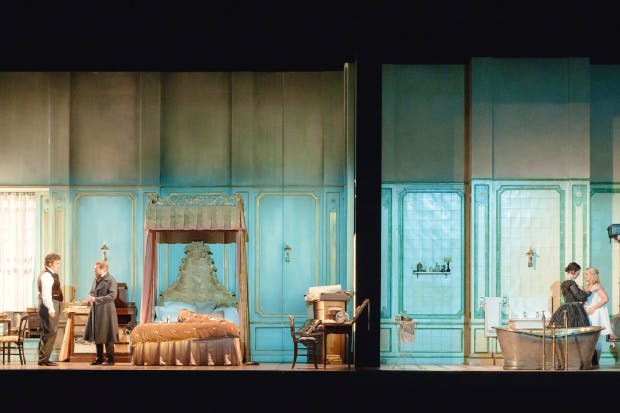
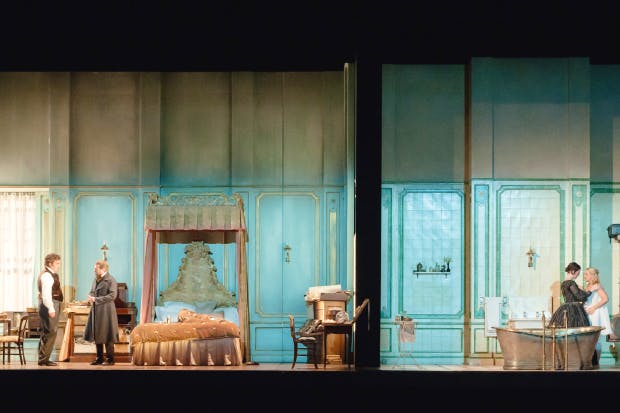

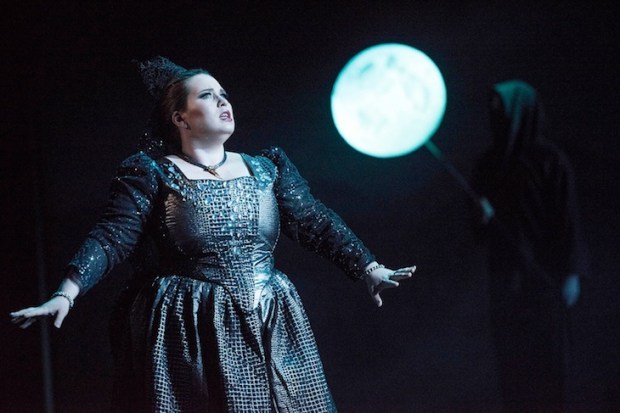
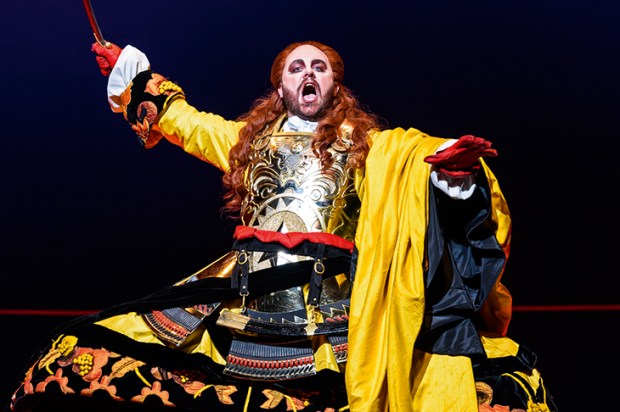
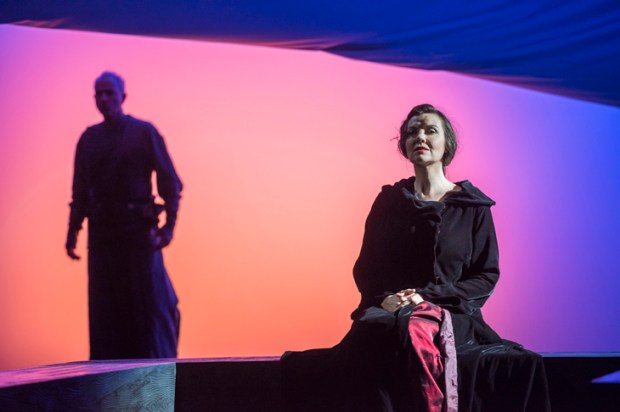
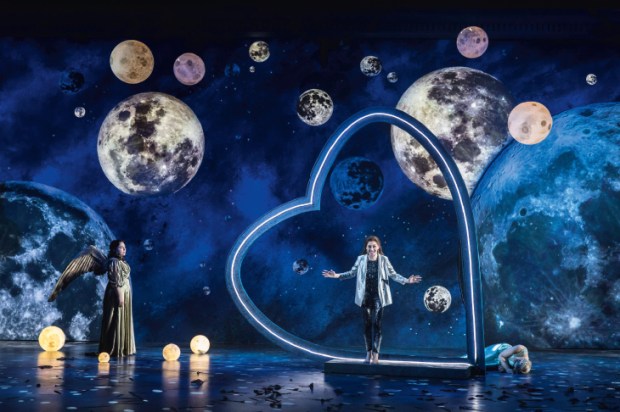






Comments
Don't miss out
Join the conversation with other Spectator Australia readers. Subscribe to leave a comment.
SUBSCRIBEAlready a subscriber? Log in